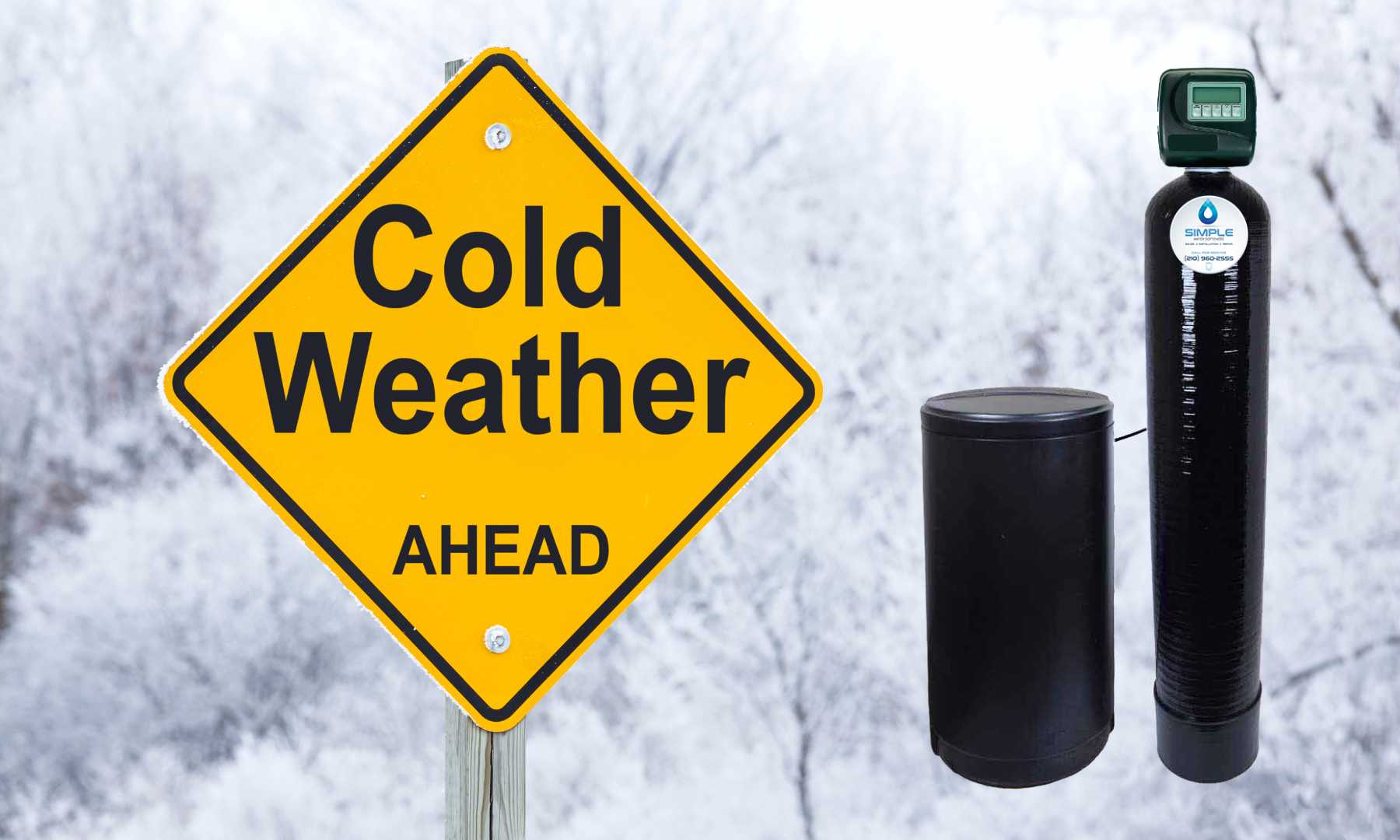
08 Dec. 23
Understanding the Impact of Cold Weather on Water Softening Systems
As homeowners in cooler climates, particularly during the brisk winter months, it’s crucial to understand how the drop in temperature can impact the efficiency of water softening systems. While these systems are vital for managing hard water problems, cold weather introduces specific challenges that require attention and action. In this blog post, we’ll delve into how cold weather affects water softeners and provide practical tips for homeowners to ensure their systems remain efficient and effective throughout the winter.
How Cold Weather Affects Water Softeners
- Slower Ion Exchange Process:
The core process in a water softener is ion exchange, where minerals like calcium and magnesium are replaced with sodium or potassium ions. Cold temperatures can slow down this chemical process, making the water softener less efficient.
- Risk of Freezing:
In extremely cold temperatures, there’s a risk of parts of the water softener, especially those installed in unheated areas like basements or garages, freezing. This can cause damage to the system and interrupt its operation.
- Increased Demand on the System:
Winter often leads to an increased usage of hot water in homes, putting additional demand on water softeners. This can stress the system, especially if it’s already working less efficiently due to the cold.
Tips for Maintaining Water Softener Efficiency in Winter
- Insulate Exposed Pipes:
Insulate any exposed pipes connected to your water softener to protect them from freezing. Use foam pipe insulation or heating tape for this purpose.
- Check the System Regularly:
Regularly inspect your water softener for signs of freezing or other malfunctions, especially after a cold snap.
- Maintain an Adequate Salt Level:
Ensure the salt level in the brine tank is always adequate, as a low salt level can further reduce the efficiency of the system in cold weather.
- Adjust Settings if Necessary:
Consider adjusting the settings of your water softener if you notice a decrease in soft water supply. Consult your user manual or a professional for guidance on this.
- Keep the System Warm:
If your water softener is located in a colder part of your house, consider ways to keep the area warmer, such as using a space heater or improving insulation.
- Schedule a Pre-Winter Checkup:
Have a professional inspect and service your water softener before the onset of winter. This can help identify and rectify any issues that might be exacerbated by cold weather.
The impact of cold weather on water softening systems is significant but manageable with proper care and maintenance. By understanding these impacts and taking proactive steps, homeowners can ensure their water softeners continue to function efficiently throughout the winter months. Remember, a well-maintained water softener not only provides soft water but also contributes to the longevity and efficiency of your home’s plumbing and heating systems. Stay warm and soft-watered this winter!


